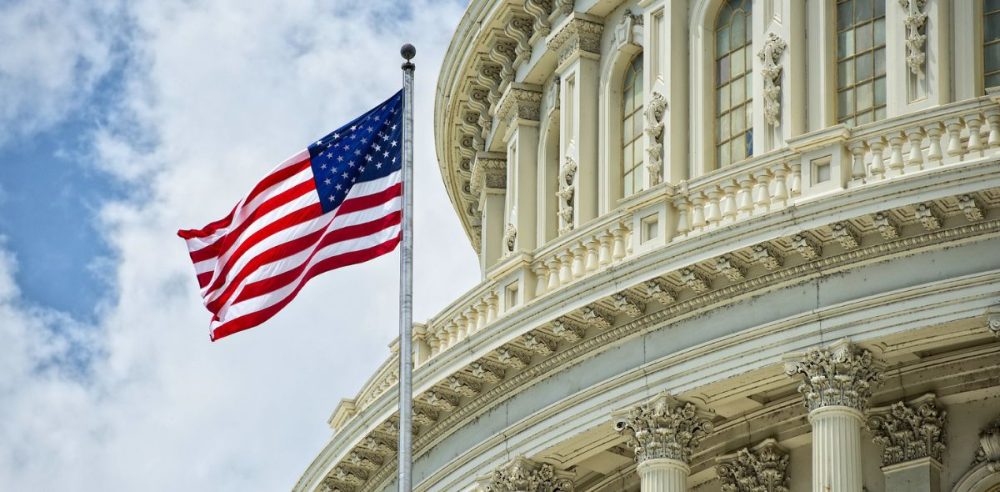(The Center Square) – President Joe Biden on Saturday signed the Continuing Resolution approved by Congress that keeps the federal government operating until March.
“The bipartisan funding bill I just signed keeps the government open and delivers the urgently needed disaster relief that I requested for recovering communities as well as the funds needed to rebuild the Francis Scott Key Bridge,” Biden said in a statement. “This agreement represents a compromise, which means neither side got everything it wanted.”
The Senate voted 85-11 to pass the 118-page bill just after midnight Saturday morning to keep the federal government open until March 14.
The Continuing Resolution will allocate about $100 billion in disaster relief and extend the Farm Bill, key provisions demanded by both Democrats and Republicans.
Although the vote technically happened past the Friday midnight deadline, the U.S. Office of Management and Budget said it has “ceased shutdown preparations” since Biden was expected to sign the bill Saturday.
“Though this bill does not include everything Democrats fought for, there are major victories in this bill for American families – provide emergency aid for communities battered by natural disasters, no debt ceiling, and it will keep the government open with no draconian cuts,” Senate Majority Leader Chuck Schumer, D-N.Y., said on X. “As I have said, the only way to keep the government open is through bipartisanship.”
House Speaker Mike Johnson, R-La., first introduced what was described as a bloated 1,547-page CR negotiated with Democratic congressional leaders, which tanked Wednesday night after President-elect Donald Trump and ally Elon Musk condemned it for including billions of dollars’ worth of Democrat wishlist items.
After hastily meeting with members of Trump’s team, Johnson released a 116-page “skinny CR,” which not only cut most of Democrat’s demands but also included a 2-year debt suspension, per Trump’s request.
As expected, Democrats revolted, while a substantial number of Republicans also opposed the bill because of the debt ceiling suspension. On Thursday afternoon, the resolution fell decisively short of the two-thirds majority needed to pass, sending Johnson back to the drawing board.
By Friday afternoon, Johnson presented his final deal: a similarly scaled back CR, minus the provision suspending the debt ceiling. It passed the House with 366 favorable votes Friday afternoon before the Senate also advanced it.


